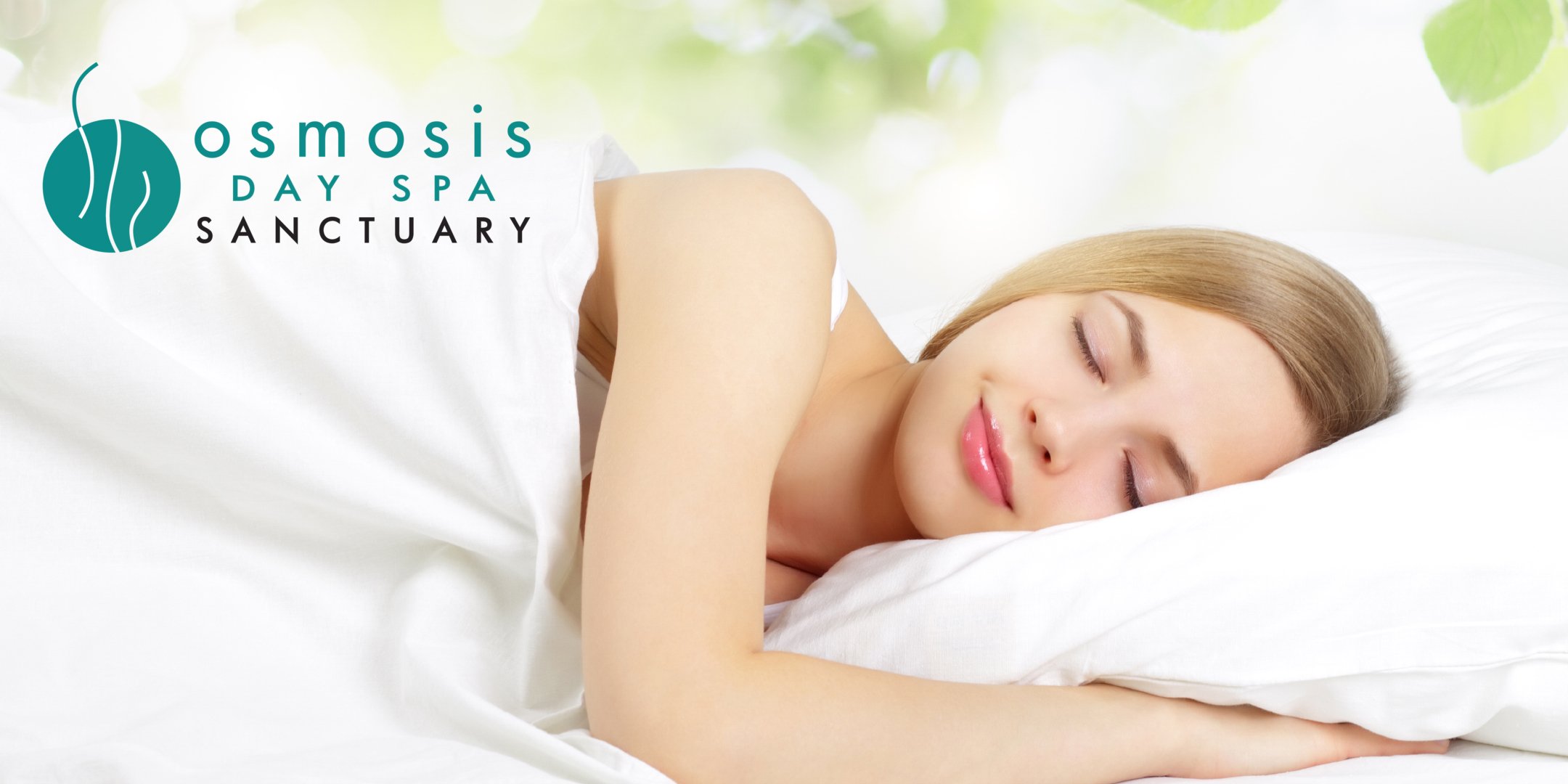

Therefore, EEG could be an effective method in studying effects of aroma intervention on human sleep and human brain in general. Conducting aroma study in sleep time would exempt the need to find a similar smelling placebo and keep the influence of subject expectancy to minimal. An additional benefit of EEG is that it can be performed when the subject is unconscious. Alternatively, neuroimaging technology like electroencephalography (EEG) could provide a more objective insight into aroma’s effect than behavioral studies. Without further understanding on mechanisms of essential oil aroma, it is hard to evaluate its effectiveness and improve the efficiency of its application. 13 demonstrated in their study that lavender oil helped reduce insomnia, Howard and Hughes’ study 17 suggested that psychological expectations may have more effect than the aroma itself. What’s worse, most studies on aroma were heavily focused on behavioral changes, which make their results even more susceptible to participants' perceptions and expectations. As such, subjects are often not blinded in previous studies. It’s difficult to find an innocuous placebo that shares a similar smell with the aroma of interest 16. One of the issues withholding research on aroma is that designing a blinded experiment for aroma inhalation is hard. Therapies and interventions involving aroma has not been accepted by mainstream science and are often considered pseudoscience. However, the mechanism behind various oil’s effect on human brain was not well explored. One of the most commonly used essential oil is lavender oil, which has been found to improve sleep quality and mood 11– 15.

It’s long speculated that essential oils from some plants may help improve sleep quality, either through inhaling or applying on skin. Although sleep quality can be improved by hypnotics, like benzodiazepines and zolpidem, these medications can lead to other issues including sleep walking 8, memory loss 9, and impaired cognitive function 10. Lack of sleep is known to contribute to a wide range of physical and mental health issues including impaired immunity 3, memory loss 4, obesity 5, 6, increased risk of cardiovascular disorder 7, and more.

On the other hand, sleep deprivation is prevalent in modern society. An important aspect of well-being, sleep quality is closely related to overall quality of life, secretion of the stress hormone, cortisol, and immunity 2. Sleep is one of the most fundamental physical requirements for human survival, and increasingly viewed as playing an important role in restitution of human body 1. This makes aroma intervention a potential solution for poor sleep quality and insomnia. Overall, our study results show that essential oil aroma can be used to promote both subjective and objective sleep quality in healthy human subjects. Lastly, we found that lavender oil promote occurrence of SWS. We also observed that upon lavender aroma releases, alpha wave in wake stage was reduced while delta wave in slow-wave sleep (SWS) was increased. All participants reported better sleep quality and more daytime vigorous after exposing to lavender aroma in sleep. We recruited nine young, healthy participants with regular lifestyle and no sleep problem. The aroma was released when the participants are asleep, which kept the influence of psychological expectation to the minimum. In this study, we aim to explore the effect of essential oil aroma on human sleep quality and sleep EEG in a single-blinded setup. However, those studies were often not blinded, which makes the effectiveness and mechanism of aroma a heavily debated topic. Previous studies also suggest essential oil aroma may affect human brain activity when applied awake.

Essential oil has been speculated to improve sleep quality. Delta power in sleep EEG often indicates good sleep quality while alpha power usually indicates sleep interruptions and poor sleep quality. also indicated that sleep is crucial to brain metabolism. Lack of sleep can lead to a variety of health issues and reduce in daytime function. Sleep quality is important to health and life quality.


 0 kommentar(er)
0 kommentar(er)
